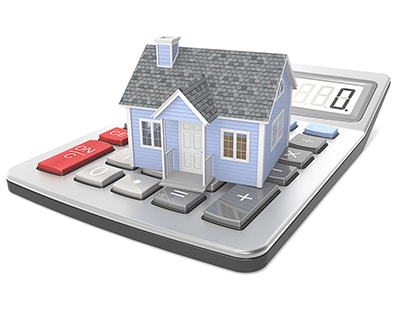
The agent – from the London area – wants to remain anonymous but has recently been involved in the sale of a property which included in its online and brochure details, a reference to a dedicated home office.
“This property owner modified a large garden shed to become a sophisticated and comfortable home office, fully equipped for any professional wanting to work from home on either a temporary or permanent basis” the agent told EAT.
“Because working from home, at least as we now know it, has been rare in the past, the details were very explicit. But this ended up with tax office enquiries to the seller about applying Capital Gains Tax on that proportion of the property used for work purposes, rather than purely residential” the agent continued.
The risk of CGT applying to elements of some sales have been raised at different times over the past 15 months as the working from home phenomenon gained momentum during successive lockdowns.
The potential risk to sellers surrounds so-called Principal Private Residence relief, or PPR, and the 1992 Taxation Of Chargeable Gains Act.
Section 224 of the Act states that areas of a private home ”used exclusively for the purpose of a trade or business, or of a profession or vocation” may be denied the PPR relief.
Withers Worldwide, a law firm specialising in business, says on its website: “HMRC apportion any gain on a disposal between the part of the home which does qualify for PPR and the part which does not and only the gain apportioned to the part that is not used exclusively for the trade, business, profession or vocation will benefit from the relief.”
This was the issue at the heart of the concern voiced by the agent contacting EAT.
Last year advice posted on the website of respected financial consultancy RSM stated that HMRC had seen an increase in claims for tax allowances for some household expenditure – on heating, lighting and some basic equipment, for example – as more people conducted their employed work from home.
The advice stated: “What is less well known however is that such claims could lead to awkward questions from HMRC in the future when the house is sold. These could prove very costly.”
It went on to say: “Ordinarily, when an individual sells their main home, this benefits from relief from CGT and no tax is due to HMRC, even if the property has risen quite significantly in value. However, this relief can be restricted and some of the increased value of an individual’s home can be taxable where a particular room in the house is designated solely for business use and is not used personally in any way. This should be considered in any future plans for a dream study.”
The advice suggested the issue could be avoided by having a clear dual purpose for the room – for example, exercise equipment or activities for the whole family in the same room. It concluded: “For those watching the news and admiring the interviewee’s home office set up, bear in mind that they might ultimately be worse off for it and the multipurpose box room might have its own benefits after all.“
The London agent who contacted EAT maintained confidentiality on the outcome of the HMRC enquiry about the vendor’s property in that particular case, but wanted to remind the wider agency industry about the risk of explicit references to single-purpose home offices, especially at a time of relatively rapidly-rising house values and a busy housing market.
